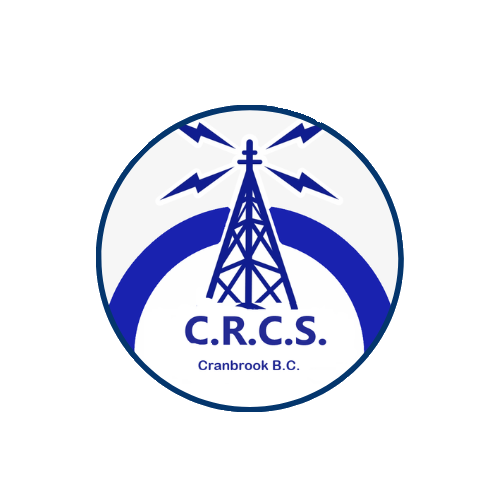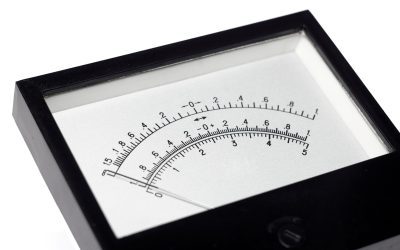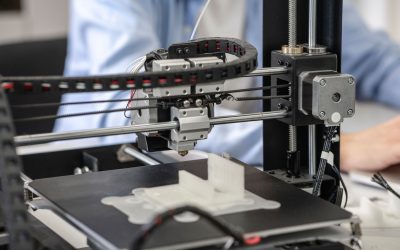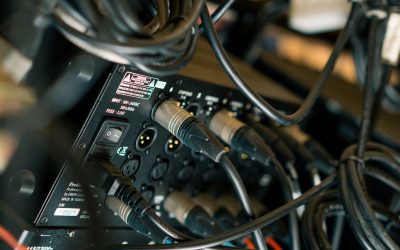In the realm of amateur radio enthusiasts, the use of low power radios, also known as QRP, has gained significant popularity and recognition. Join us as we delve into the fascinating world of QRP, uncovering its principles, advantages, and practical applications for radio enthusiasts of all levels.
Understanding QRP: Unveiling the Power of Low Power Radios
QRP, which stands for “low power” or “reduced power,” refers to the practice of operating amateur radio stations at lower-than-standard power levels. Unlike traditional high-power setups, which may transmit at hundreds or even thousands of watts, QRP enthusiasts embrace the challenge of making long-distance contacts using minimal power, typically ranging from a few watts to as low as milliwatts. Despite the lower power output, QRP operations offer a unique set of advantages, including enhanced portability, reduced energy consumption, and the opportunity to explore the bounds of radio propagation and communication under challenging conditions.
Exploring the Advantages of QRP Operations
The allure of QRP operations lies in its simplicity, efficiency, and the thrill of achieving meaningful radio contacts using minimal resources. With advancements in radio technology and antenna design, QRP enthusiasts can now enjoy high-performance radios that are compact, lightweight, and energy-efficient, making them ideal for portable operations, field expeditions, and emergency communications. Additionally, the reduced power consumption of QRP setups makes them environmentally friendly and cost-effective, allowing operators to extend their operating time on battery power or renewable energy sources. Furthermore, QRP operations encourage experimentation and innovation, as operators explore creative antenna configurations, propagation techniques, and operating strategies to maximize their radio’s efficiency and range.
Practical Applications of QRP: From DXing to Field Operations
Despite operating at lower power levels, QRP radios are capable of achieving impressive results across a wide range of amateur radio activities. Whether it’s making long-distance contacts, participating in contests, or engaging in portable and field operations, QRP enthusiasts have demonstrated the versatility and effectiveness of low power radios in various scenarios. For DXers, or long-distance communication enthusiasts, QRP offers the challenge of making contacts with distant stations using minimal power, relying on efficient antennas, favorable propagation conditions, and skilled operating techniques. Similarly, QRP contesting has gained popularity as operators compete to make the most contacts with the lowest power output, showcasing their skill, strategy, and station setup in competitive events.
QRP operations are also well-suited for portable and field operations, where operators venture into remote locations, parks, and wilderness areas to set up temporary radio stations and make contacts with other enthusiasts around the world. With lightweight, battery-powered radios and portable antennas, QRP operators can enjoy the freedom and flexibility of operating outdoors while honing their skills in antenna deployment, propagation prediction, and emergency communications. Additionally, QRP field expeditions provide valuable opportunities for hands-on learning, experimentation, and camaraderie among radio enthusiasts, fostering a sense of community and shared passion for amateur radio.
Mastering QRP: Tips, Tricks, and Resources for Success
For those eager to explore the world of QRP, mastering the art of low power radio operations requires dedication, patience, and a willingness to learn. To maximize your success in QRP operations, consider the following tips and tricks:
Choose the Right Equipment: Invest in a high-quality QRP radio that meets your operating needs and preferences. Look for features such as compact size, low power consumption, and robust construction for durability in the field.
Optimize Your Antenna: Experiment with different antenna designs and configurations to find the most efficient setup for your QRP radio. Consider portable and lightweight antennas suited for field operations, such as wire antennas, verticals, and magnetic loops.
Learn Propagation Basics: Familiarize yourself with radio propagation principles and techniques to maximize your chances of making successful contacts. Pay attention to factors such as frequency selection, time of day, sunspot activity, and ionospheric conditions to optimize your signal propagation.
Practice Operating Skills: Hone your operating skills through regular practice and participation in QRP contests, field days, and special events. Focus on efficient tuning, effective calling techniques, and courteous operating practices to ensure smooth and successful radio contacts.
Stay Informed and Connected: Join online forums, mailing lists, and social media groups dedicated to QRP operations to connect with fellow enthusiasts, share experiences, and learn from the collective knowledge of the amateur radio community. Stay updated on new developments, equipment reviews, and operating tips to enhance your QRP experience.
In conclusion, the world of low power radios, or QRP, offers a rich and rewarding experience for amateur radio enthusiasts seeking adventure, challenge, and camaraderie in their radio pursuits. Whether you’re a seasoned operator or a newcomer to the hobby, QRP operations provide a unique opportunity to explore the boundaries of radio communication, experiment with innovative technologies, and connect with like-minded individuals around the globe. By embracing the principles of QRP and mastering the art of low power radio operations, you can embark on an exciting journey of discovery, achievement, and personal growth in the fascinating world of amateur radio.




